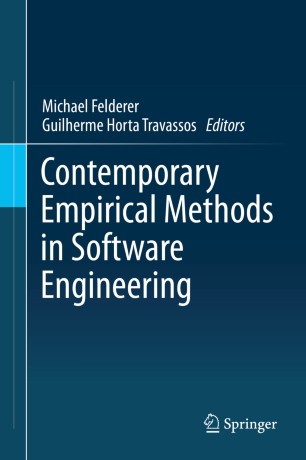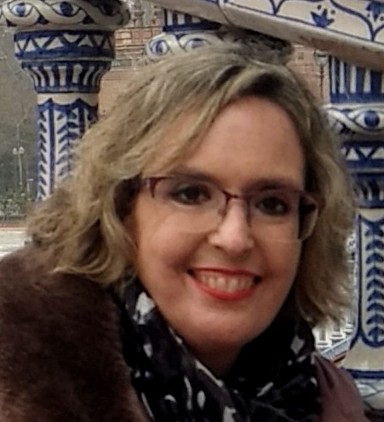As a great collaborative effort involving several software engineering researchers, Prof. Paul Ralph (Dalhousie University) organized this ACM SIGSOFT Paper and Peer Review Quality Initiative to define empirical standards for research methods commonly used in software engineering.
The idea is to have the empirical standards as living documents, which should be continuously revised to reflect evolving consensus around research best practices, promoting research quality, and making peer review more effective, reliable, transparent, and fair.
Prof. Breno de França (LASER/IC-UNICAMP) contributed with the standards on quantitative simulation together with Prof. Nauman Bin Ali (BTH/Sweden) and Prof. Dietmar Pfahl (University of Tartu/Estonia).
Other contributions include standards for controlled experiments, case studies, surveys, and others.
Link for the report explaining the motivation and methodology for generating the standards: https://arxiv.org/abs/2010.03525
Github repo with the standards: https://github.com/acmsigsoft/EmpiricalStandards


